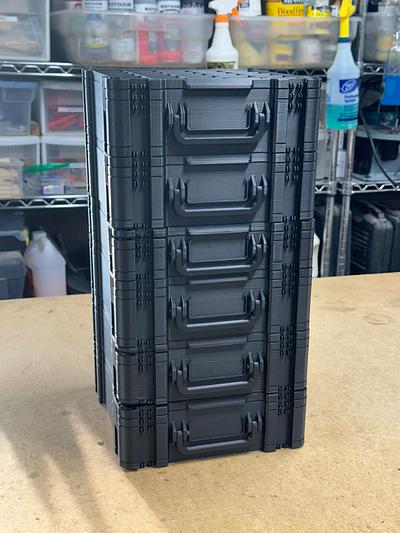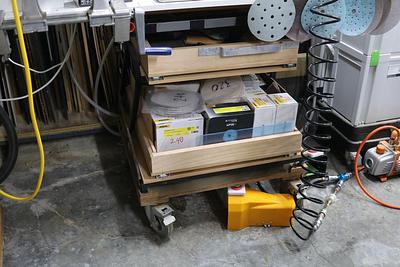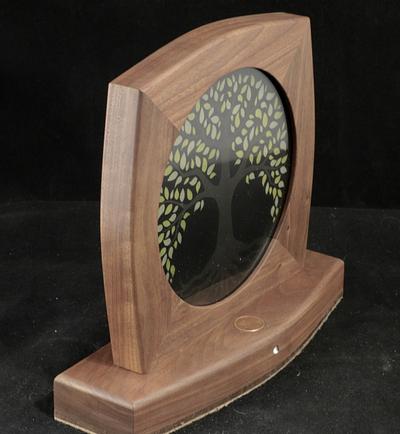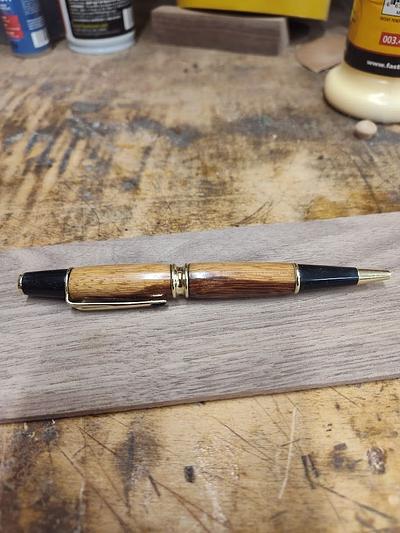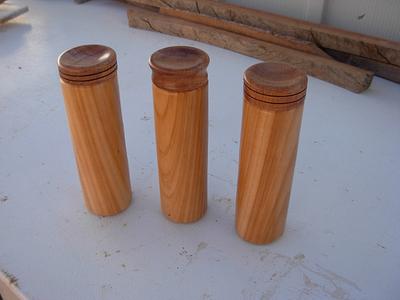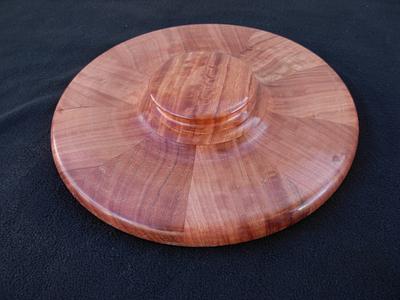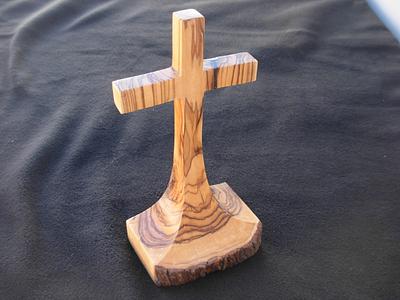Share your craft projects
Make new craft buddies
Ask craft questions
Blog your craft journey
How to Get Into Woodworking

Though most woodworkers are hobbyists, statistics show that woodworkers could earn $51,598 on average. Showing how valuable this skill is and how useful it can be.
Even if you never plan on becoming a professional woodworker, you may be wondering how to get into woodworking. Or how to start your first woodworking project.
This is a popular hobby that allows you to cultivate a useful skill. As well as get your hands dirty and play around with some fun tools.
Keep reading to find out how to get into woodworking and what you need to know as a beginner.
Learn the Basics of Woodworking
Before you dig into woodworking, you need to first learn the basics. This is something you should do before you cut your first piece of wood.
The good thing is that there have never been so many easy-to-find resources. You can find woodworking books, videos, and classes with very little effort.
Many targeting beginners who need to learn the basics. And this is where you should start to get a firm grasp on how woodworking works and the skills you need to learn.
Though woodworking is a fun hobby, it does take some expertise. It is a detailed hobby that also requires certain safety measures as you will be working with power tools.
So it is a good idea to get familiar with basic safety and tips before picking up a power tool. Woodworking can also be a bit pricy, depending on where you are getting your wood.
As wood is not a cheap resource and can be very expensive depending on the type of wood. So you don't want to start a project without knowing anything.
You could end up wasting a lot of wood by not doing your research beforehand.
Get the Right Woodworking Tools
When you are first starting out with woodworking, you will need to get some tools. When doing this, it is always best to start small and work your way up to more power tools.
You will need a handful of woodworking supplies, but you don't have to go too crazy. Because you don't need to invest in a lot of equipment when you are still a beginner.
It is better to walk before you run, especially as woodworking tools can be a big investment. And many small projects can be done with a small selection of tools.
Some basic tools that you will most likely need when starting out would be:
- Jigsaw
- Circular saw
- Power drill
- Hand saw
- Sanding machine
These are a few tools that most hobbyists will need to get started. Though there are many other small supplies that you should also get before starting.
Overall, the important thing is to not go overboard when first starting. Get a feel for the basic pieces of equipment before investing in larger tools that require more skill.
This will save you money and help you to become more skilled in the craft of woodworking. Minimal tools can often lead you to get more creative, creating more unique pieces.
Find Small Projects
When you first start woodworking as a beginner, you don't want to bite off too much. The first project you should try needs to be something smaller and manageable.
You will have far better chances of success if you don't stretch yourself too thin. This will also help to save money as you do not want to waste wood by attempting something too difficult.
Some small projects that are great for beginners are shelves, birdhouses, benches, and stools. These are simple projects that are often composed of a few pieces of wood.
It is also easy to find resources explaining how to create these items. So you can find an easy-to-follow tutorial that will help you to achieve better results.
As you complete more small woodworking projects, you can move on to bigger projects. Like tables, chairs, cabinets, and small sheds or other building structures.
The more projects you accomplish, the more experience you will collect. This is the best way to really learn woodworking and become an expert, as experience is the best teacher.
Woodworking for Beginners
If you are wondering how to get into woodworking, there are several things you can do. There are tips for beginners that can help you to really break into this popular hobby.
Woodworking can be a bit complicated to master, but it doesn't always have to be. There are ways you can learn woodworking faster and gain more experience.
Thankfully, there are plenty of resources to help you do this. As well as things you can do to set yourself up for success when starting this hobby.
Find Classes
There are many class options out there for beginner woodworkers that can be very useful. If you are still in high school, your school will most likely have a shop class option.
In this class, you will learn the basics of woodworking under a teacher;'s supervision. Though there are still other options if you are not in school anymore.
Local woodworking classes are quite common, but you will have to pay for them. This will be a substantial investment, but it may just end up being worth the money.
You will often be taught the basics as well as more serious skills when it comes to woodworking. Many classes also specialize in certain areas, making it easier to choose the class.
If you live in a smaller town, these may be harder to find. Though most large towns and cities will have a few class resources.
Woodworking websites may also offer online classes where you can follow along on a video. These may be free, or you may have to pay for them, it depends on the website.
Watch Youtube
Many may discredit Youtube, but this can be a great woodworking resource. Plenty of professional woodworkers can be found on this social media platform.
You can find videos for beginners, teaching the basics and certain skills that you should learn. There are also videos that can help you to complete your first project.
This is a great place to go for instructions from people with real experience. This is also a great resource for watching woodworking in action.
The best part being that Youtube is entirely free to anyone who wants to use it. Unlike woodworking classes that provide much of the same thing, just in person.
Ask an Expert
If you know someone with woodworking experience, you can reach out to them. They could be an actual woodworker or be hobbyists with plenty of expertise.
Either way, this could be a great way to get some supervised hands-on experience. If they are a friend or family member, you could ask them for their help on your first project.
Anyone with experience would be helpful and could share their tips with you. Especially if you have never done any woodworking yourself.
Create a Woodworking Setup
As a woodworking beginner, you will need to create a woodworking setup for yourself. You probably won't have an actual woodworking workshop, but you can have the next best thing.
Many people have their setup in their garage, but you can create a setup in other places too. Such as in a barn, shed, or other outdoor structure that can get dirty.
The important thing is to make sure it is sheltered so that your wood and tools stay dry. It should also provide enough room for you to safely cut wood.
Find Salvage Wood
One of the best tips you can use when learning how to get into woodworking is to use salvaged wood. This is wood that can often be found at salvage yards or saved from being thrown away.
Salvage wood will be wood that came from other things and can still be used. Some examples of useable salvage wood are fencing, wood furniture, and wood from buildings.
These types of wood are often usable and can be used in a variety of projects. Salvage wood is going to be significantly cheaper and often provides higher quality options.
Finding salvage wood is a great option for beginners as it is a cost-effective way of getting wood. So you won't be investing quite as much into your first few projects.
If your projects don't turn out, it won't be as much of a loss had you bought the wood new.
How to Get Into Woodworking for Beginners
If you are wondering how to get into woodworking, there are many ways to do this. There are many resources you can use, and you only need a few basic tools to get started.
Do you want to learn how to get into woodworking? Come to Craftisian for access to woodworking forums and feedback from other woodworkers.









